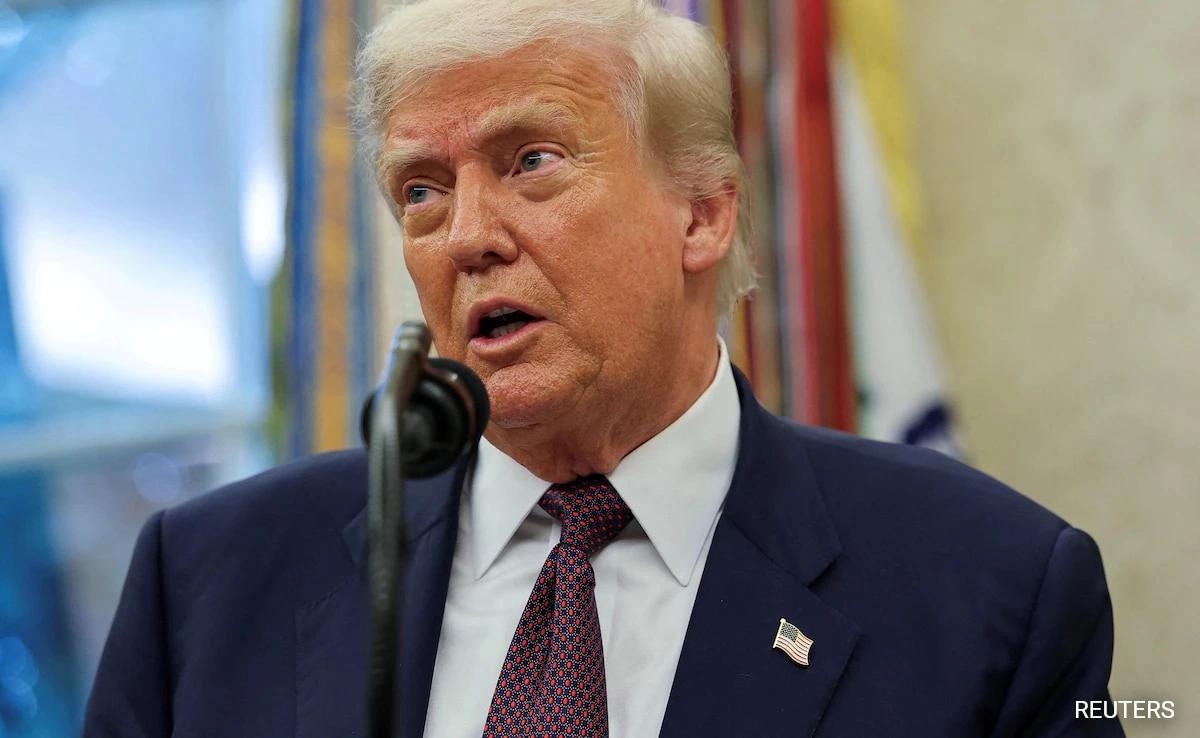Former President Donald Trump has intensified his criticism of the Federal Reserve, specifically targeting one of its governors, and has called for their resignation. This move represents a significant escalation in Trump’s ongoing feud with the central bank, highlighting his belief that the Fed’s policies are detrimental to the economy. Trump’s discontent primarily revolves around the Fed’s interest rate hikes, which he argues are stifling economic growth and harming American consumers. Throughout his presidency, Trump consistently advocated for lower interest rates, believing that they would spur investment and boost the stock market. His latest remarks reflect a continuation of this sentiment, as he asserts that the current monetary policy is misguided and not in the best interest of the nation.
The former president’s call for the resignation of a Federal Reserve governor signals his willingness to confront the institution, which traditionally operates with a degree of independence from political influence. Trump’s approach raises questions about the balance between political pressure and the central bank’s autonomy in setting monetary policy. Economists and analysts are closely watching how this public pressure could impact the Fed’s decision-making process in the future. Trump’s vocal dissent echoes a broader concern among some political figures and business leaders regarding the potential consequences of aggressive interest rate hikes on economic stability, particularly in an environment where inflation remains a pressing issue.
As Trump amplifies his critique, it remains to be seen how the Federal Reserve will respond to this external pressure. Historically, the central bank has maintained its independence from political dynamics, prioritizing its mandate to manage inflation and employment. However, with the political landscape becoming increasingly polarized, the interplay between monetary policy and political influence could shape the Fed’s future actions. Trump’s calls for resignation may resonate with some factions of the Republican Party, but they also risk further complicating the relationship between the government and the central bank, which is crucial for maintaining economic stability. Ultimately, the developments surrounding the Fed and Trump’s intervention will be pivotal in understanding the trajectory of U.S. economic policy in the coming months.




